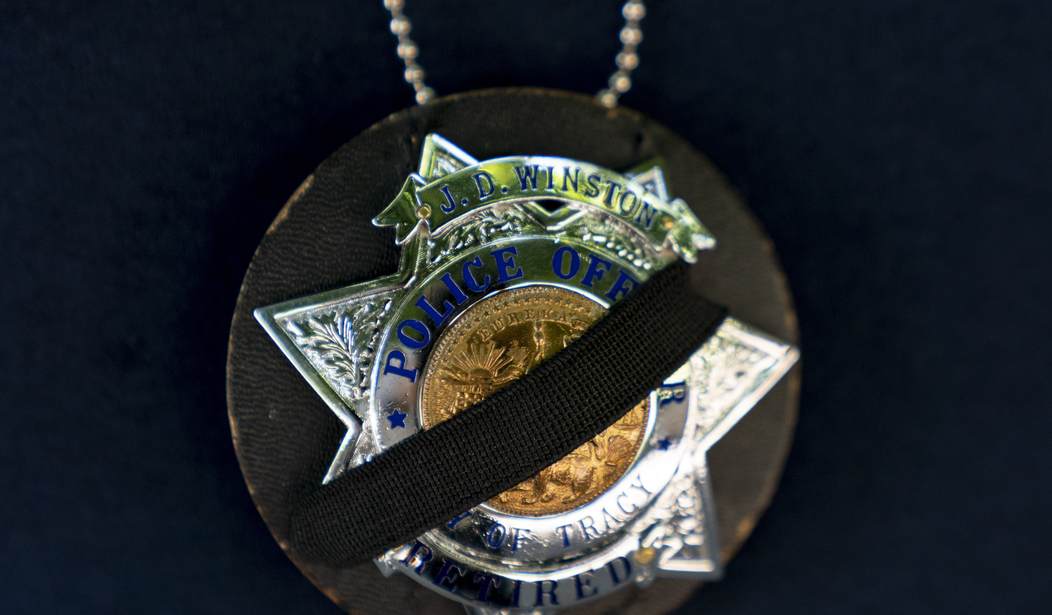In early November, the city of Cleveland passed Issue 24 — which we covered previously here and here — which ostensibly gave the citizens of the city more oversight of police. But, as the Cleveland-based The Outlaws Radio Show recently noted, the consequences of the new amendment to the city charter are not likely to make residents feel any safer.
Here’s The Outlaws host and show creator Darvio Morrow telling the story of a family friend who is already in desperate need of police intervention in a domestic dispute in which she finds herself at the mercy of a violent offender, but has been told she she must seek the advice of a social worker as the police, under the new law, can no longer help.
I’m angry. Yesterday the elderly mother of a friend went downtown 2 file a restraining order against a meth head relative who has robbed & attacked her & was told that because of Issue 24, she has 2go see social workers instead. I vent on @TheOutlawsRadio https://t.co/UBkqAuq2aS pic.twitter.com/cUrQZ9LmMP
— Darvio Morrow (@DTheKingpin) November 20, 2021
Cleveland voters approved the measure, despite warnings from shows like The Outlaws, sitting City Council president Kevin Kelley, and Cleveland’s outgoing mayor Frank Jackson (who started a minor firestorm for calling out the “tragedy pimps” behind the measure), by a 59 percent to 41 percent margin.
The amendment will give the new Mayor-elect Justin Bibb and civilians he appoints to oversight boards more power in policing the city. But some within the broader police community see nothing but new staff shortages and poor law enforcement on the horizon.
It calls for the mayor to appoint 13 people to a commission with final authority over police training and officer discipline. The commission will oversee misconduct investigations conducted by a civilian board, with the mayor appointing five of the board’s nine members.
Outgoing Mayor Frank Jackson and Police Chief Calvin Williams opposed the ballot issue, which removes power from the Division of Police to conduct its own internal investigations and issue discipline.
…
CPPA President Jeff Folmer said the amendment will only worsen ongoing staffing shortages within the division. So far this year, 156 officers have left the force, including 13 in the last month alone, according to Folmer. Those positions haven’t been filled.
Folmer said nearly 300 additional officers are currently eligible to retire, and he predicted a dire staffing situation by spring.
“If we’re down 300 to 400 like predicted, it’s going to cripple our police department and it’s going to cripple patrols,” Folmer said. “It’s going to cripple how things are followed up on.”
Folmer said Cleveland officers are underpaid compared to suburban departments and won’t want to be judged by civilians who have never worked in law enforcement.
“This was all about vengeance and getting power. There’s no ifs, ands or buts,” Folmer said of Issue 24. “Probably one of the worst days ever to have this group that hates police win this and try to take control of us.”
As RedState covered previously, staff shortages were one of the primary concerns in the run-up to the election.
“No one wants to be a Cleveland police officer anymore,” said Paul Forsgren, who formed Greater Cleveland Citizens for Public Safety to oppose Issue 24, to Cleveland.com news. “The good ones we have left will quit if Issue 24 passes.”
In a four-minute clip with Cleveland’s Outlaws Radio Show, Forsgren suggested the amendment is actually very bad for community safety.
“[Currently] the Director of Public Safety is basically…in charge of all things related to public safety…and [he/she] has final authority and responsibility on discipline,” Forsgren said. “The Chief of Police in the current charter is charged with running the police department and in imposing a certain level of discipline. The changes that are proposed… effectively put the Civilian Police Review Board and the Community Police Commission, no longer as recommending bodies, but actually gives them complete oversight over the division of police to where they can actually override the Safety Director and the Chief of Police…in any way, shape, or form they believe [is appropriate]…Additionally, the board can initiate its own complaints, which I find very confusing because the board that can impose discipline on police officers, can initiate its own complaints, and then impose its own discipline.”
Now Cleveland can add to staffing problems the immediate concerns of citizens who are in fear for their lives having nowhere to turn except social workers who may or may not be able to stop a violent criminal.
The only silver lining is that the consequences of Issue 24 may have come quickly enough to warrant a rethinking of how Cleveland decides to police under the new law.














Join the conversation as a VIP Member